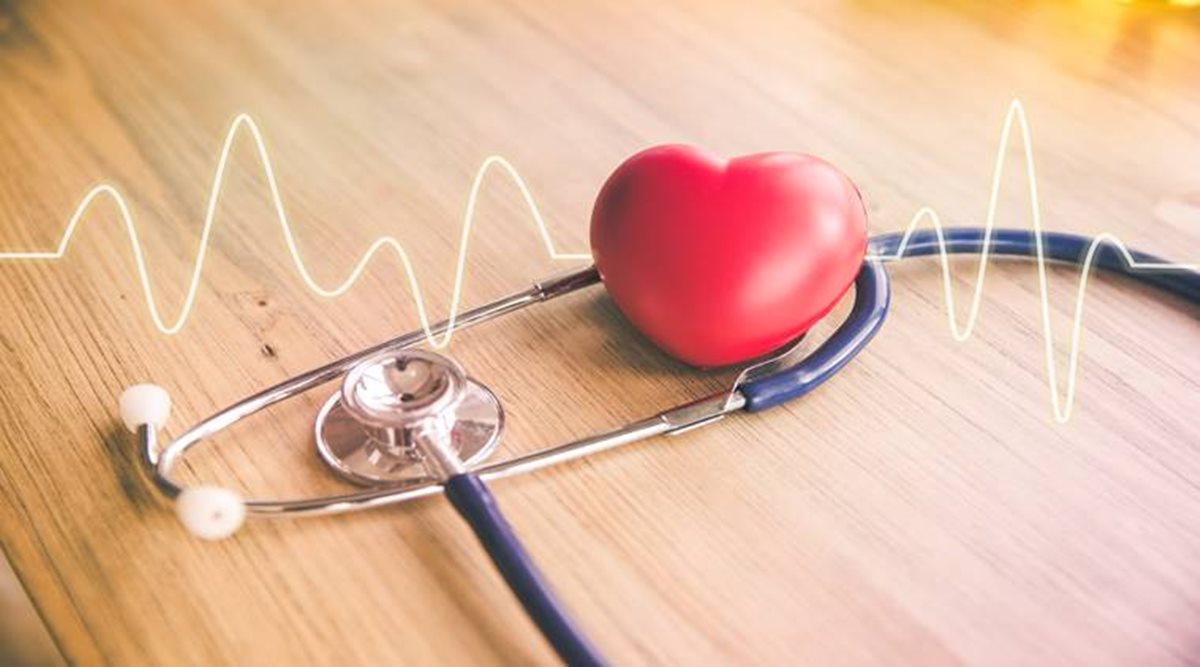📣 For more lifestyle news, click here to join our WhatsApp Channel and also follow us on Instagram
Can regular physical activity, even for just 3 minutes, help you live longer?
"All forms of exercise, but especially intense exercises, increase blood flow to the brain and oxygenate the frontal lobes," said Dr RR Dutta, HOD- Internal Medicine, Paras Hospitals, Gurugram
 Short bursts of physical activity can lower mortality risk (Source: Getty Images/Thinkstock)
Short bursts of physical activity can lower mortality risk (Source: Getty Images/Thinkstock) Turns out, short bursts of vigorous activity for as brief as just three minutes can help you live longer. That is what a study published in Nature Medicine suggested — that such short spells of exercise can lead to a 40 percent reduced risk of premature death in adults, even when they do not otherwise exercise at all. The study analysed vigorous intermittent lifestyle physical activity (VILPA) as per wearable devices data with that of UK Biobank’s cardiovascular disease (CVD) and cancer mortality in 25,241 nonexercisers (mean age 61.8 years, 14,178 women/11,063 men).
It further noted that over an average follow-up of 6.9 years, during which 852 deaths occurred, compared with participants who engaged in no VILPA, participants who engaged in VILPA at the sample median VILPA frequency of three length-standardised bouts per day (lasting 1 or 2 minutes each) showed a 38–40 per cent reduction in all-cause and cancer mortality risk and a 48–49 per cent reduction in CVD mortality risk.
 Get your heart rate up (Photo: Getty Images/Thinkstock)
Get your heart rate up (Photo: Getty Images/Thinkstock)
Similar results were also reported in 62,344 UK Biobank participants who exercised (1,552 deaths, 35,290 women/27,054 men). “These results indicate that small amounts of vigorous nonexercise physical activity are associated with substantially lower mortality. VILPA in nonexercisers appears to elicit similar effects to VPA in exercisers, suggesting that VILPA may be a suitable physical activity target, especially in people not able or willing to exercise,” the study read.
According to multiple past studies, regular exercise is strongly associated with greater longevity, even if the exercise amounts to only a few minutes a week.
According to Dr RR Dutta, HOD- Internal Medicine, Paras Hospitals, Gurugram, vigorous physical activity has numerous positive health effects. “All forms of exercise, but especially intense exercises, increase blood flow to the brain and oxygenate the frontal lobes,” Dr Dutta told indianexpress.com, adding that vigorous exercise, especially when compared to moderate levels of activity, can be an efficient method to shed extra pounds, mainly by reducing belly fat, enhancing glucose/insulin metabolism, and raising cardio respiratory fitness. “People who exercise vigorously often have reduced blood pressure and blood cholesterol levels,” he added.
What kind of activities can help?
If you don’t have time to go the gym, Dr Santosh Pandey, acupuncturist and naturopath, Rejua Energy Centre, Mumbai suggests being active in other ways like climbing a flight of stairs, brisk walking, carrying shopping bags, playing actively with children, or pets, and even gardening or housework that requires running around.
Agreed Dr Prashant Pawar, consultant-cardiology, Fortis Hiranandani Hospital Vashi and said that even simple activities like interval training and intermittent stair climbing have shown that VILPA bursts last anywhere between 20 seconds to a few minutes. “When these activities are performed three to five times a day, they can aid heart health, especially in inactive adults, within a few weeks,” he said.
However, according to Dr Ravi Shekhar Jha, director and head, pulmonology, Fortis Hospitals, Faridabad, it is mandatory to get oneself examined by the cardiologist before subjecting the body to any vigorous activity, however short it may seem (three minutes or one minute), as some heart and lung conditions can not tolerate a sudden increase in heart rate.
📣 For more lifestyle news, follow us on Instagram | Twitter | Facebook and don’t miss out on the latest updates!
📣 For more lifestyle news, click here to join our WhatsApp Channel and also follow us on Instagram
- 01
- 02
- 03
- 04
- 05



























